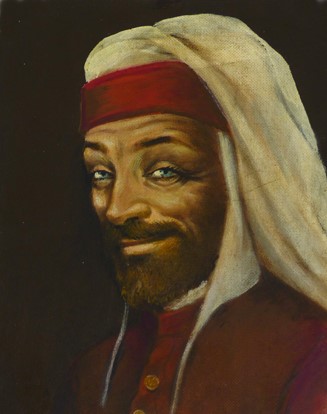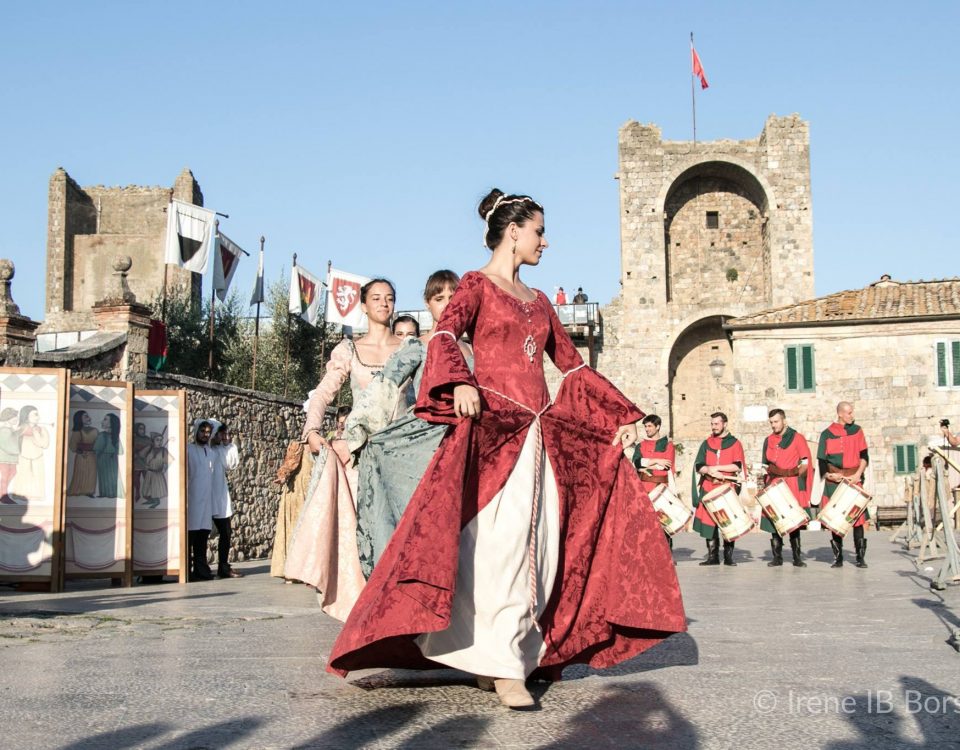Main character of the 2018 Festival: Cecco Angiolieri

Rota Temporis in Concert
June 29, 2018
From Monteriggioni to Japan we talk about the Gate to the Middle Ages
January 11, 2019Cecco Angiolieri, a Siennese poet, was born in 1260 as the son of a rich banker. He died in 1313, after having led a restless and dissipated life, often obsessed with money troubles. In the documents, the name of Cecco is mentioned for several fines and convictions; he was also involved in the trial for the wounding of Dino of Bernardino from Montelmo. In all likelihood he always lived in Siena, rarely leaving town.
Cecco’s production is part of a well-defined literary current, known as comic-realistic poetry, which aimed to turn over the themes and the language of the Dolce Stil Novo by means of parody. Sensual love was opposed spiritual love, praise was replaced by injury, the angel-woman turned into a foul and aggressive woman, the pleasures of life (in particular women, taverns and gambling) were celebrated instead of the moral virtues. Boccaccio dedicated a novella of the Decameron to Cecco, taking him as a prototype of the dissolute life-enjoying person. 112 sonnets are attributed to the poet; they clearly show how he uses the comic genre to create desecrating parodies of the Dolce Stil Novo poetic modules.







